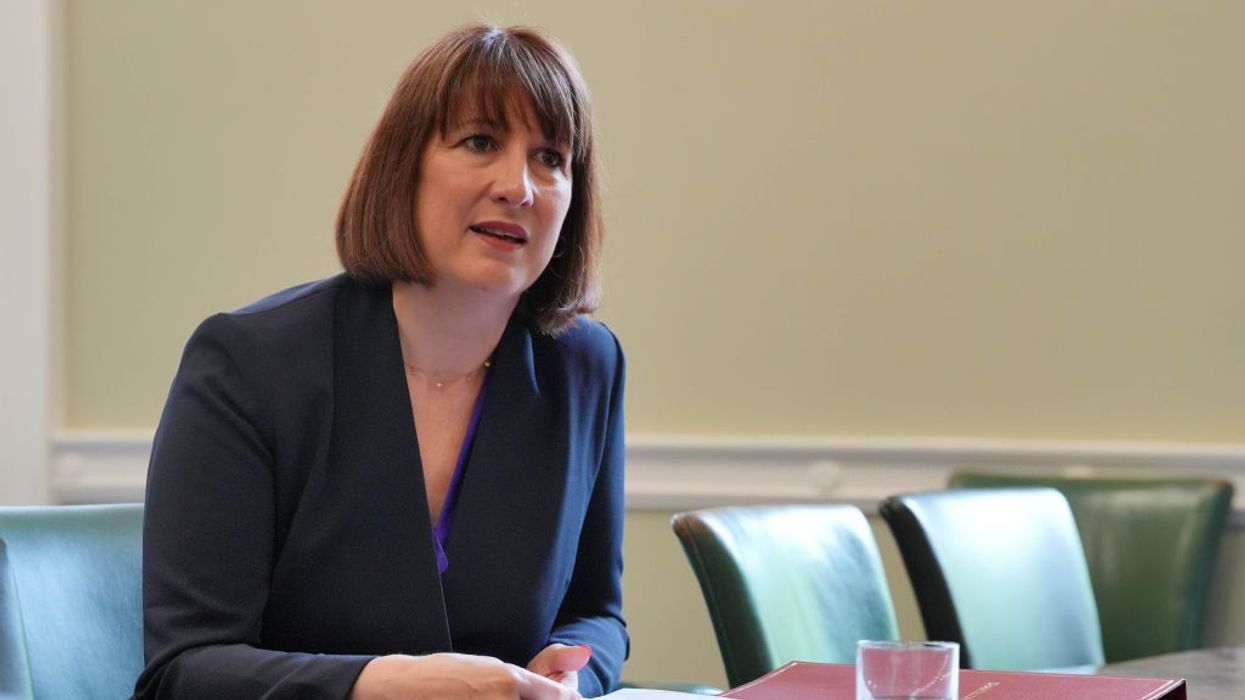CHANCELLOR Rachel Reeves will offer guaranteed paid work placements to young people who have been unemployed or out of education for 18 months, with those refusing the offer facing possible loss of benefits.
She is expected to outline the plan in her speech to Labour’s annual conference in Liverpool, promising "nothing less than the abolition of long-term youth unemployment."
Reeves told the BBC that while no companies had signed up yet, several business organisations support the initiative. The scheme builds on a “youth guarantee” announced last November, which promised 18 to 21-year-olds access to apprenticeships, training, education opportunities, or help finding a job.
Under the new plan, every young person on Universal Credit for 18 months without "earning or learning" will be offered a paid placement. Those who decline without a reasonable excuse could face sanctions such as losing benefits.
The placements aim to help young people develop skills for full-time employment. Around one in eight 16 to 24-year-olds, roughly 948,000 people, are currently not in education, employment, or training.
The scheme will involve private companies, with government subsidies to cover some wages. Costs will be met from existing budgets outlined in this year’s spending review, with full details in the November Budget.
Reeves said, "We're not immune to any of those things," referring to global economic pressures. She also pledged to fund a library in every primary school in England.
The Federation of Small Businesses welcomed the announcement. Policy chair Tina McKenzie said, "Reprioritising spending from employment programmes which aren't working to this type of scheme is exactly the way to get much-needed bang for taxpayer cash."





